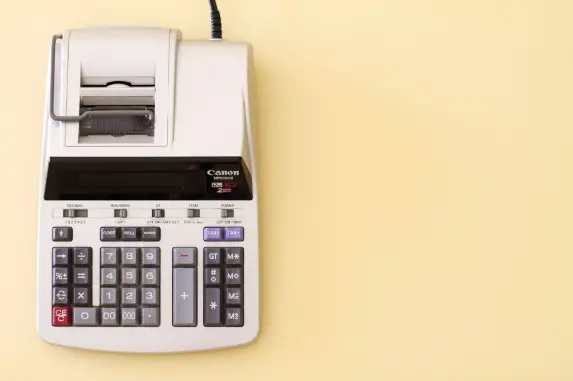Managing important documents is key to running a business smoothly and complying with regulations.
Here’s a guide with practical advice and common mistakes to avoid.
Contracts
Written contracts are essential for setting clear terms with clients, suppliers, or partners. Without a detailed contract, misunderstandings may arise, leading to disputes. For example, a delivery terms contract can prevent confusion about responsibilities and payment.
Invoices
Invoices document your income. Ensure all invoices include necessary details such as registration numbers, invoice numbers, and VAT amounts. This helps prove your revenue during audits and provides an overview of your finances.
Registration Documents and Proof of Ownership
It’s important to keep documentation of your business registration and proof of ownership up to date. This includes your company’s registration certificate from the Danish Business Authority and any documentation that proves ownership stakes or shares if applicable. These documents are essential for legal purposes, financial agreements, and when working with partners or investors.
Accounting Records
Keeping receipts for all your expenses is legally required and must be retained for at least five years. This includes costs ranging from materials to operating expenses. Storing these records digitally can streamline your work and ensure easy access when needed.
Tax Documents
Tax-related documents, such as tax returns and VAT reports, are crucial for ensuring compliance with tax laws. Mistakes or missing documentation can lead to costly penalties, so make sure to manage everything from VAT submissions to deductible expenses.
Employment Contracts
If you have employees, you must have written contracts detailing working conditions, salary, and working hours. This is required by the Working Environment Act and protects both you and your employees from unforeseen issues.
Financial Records
Maintaining comprehensive financial records, such as budgets, cash flow statements, and profit and loss accounts, is essential for tracking your business’s financial health. These documents help you plan expenses, manage income, and make informed decisions. Accurate financial documentation is also crucial for tax reporting, securing loans, or presenting financial stability to potential investors or partners.
5 Common Mistakes that you should avoid
1: Relying on verbal agreements without written contracts
2: Incomplete invoices missing crucial details
3: Misplacing or poorly storing records
4: Missing tax deadlines
5: Using vague employment contracts
Do you need help?
If you have questions about documentation, you can always contact Finklusiv for support and guidance.




